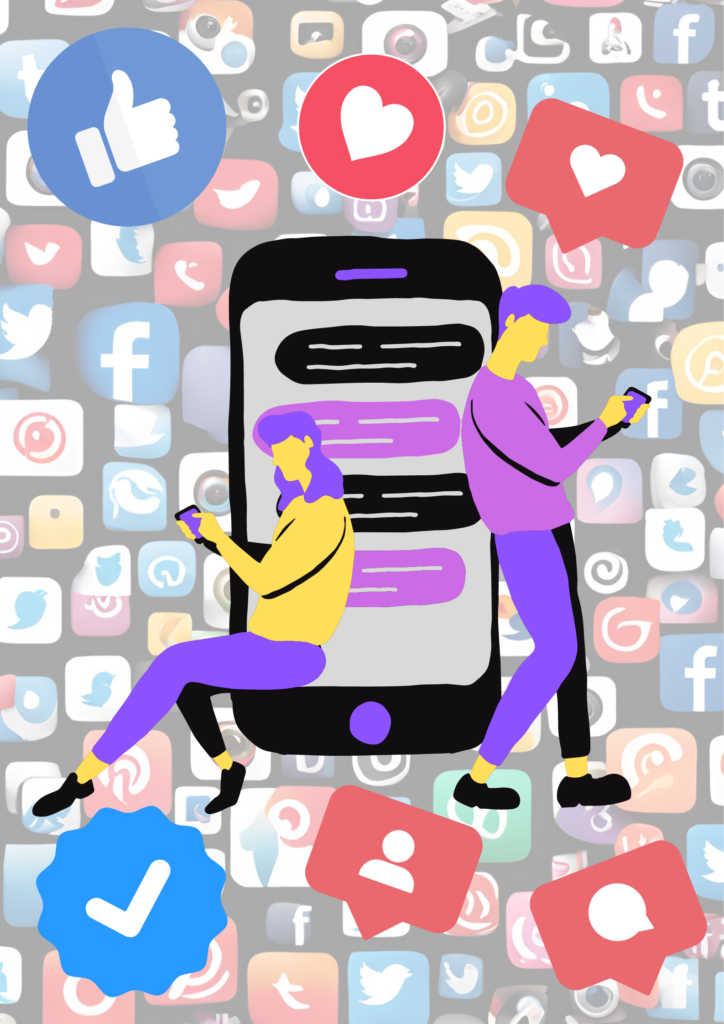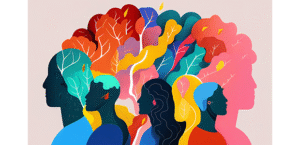Balancing the Scale: The Impact of Social Media on Mental Well-Being

The Dual Nature of Social Media
Social media platforms serve as a double-edged sword. On one side, they offer immense benefits: connecting people across the globe, fostering a sense of community, and providing a platform for self-expression. However, the same platforms can also be detrimental, leading to stress, anxiety, and feelings of isolation. Recognizing this duality is essential as we navigate the digital landscape.
Positive Effects: Enhancing Mental Health
Social Connections and Peer Support
Online communities allow individuals to share experiences, seek advice, and find emotional support. Whether it’s discussing health conditions, parenting challenges, or personal struggles, these interactions reduce stigma and create a sense of belonging.
Mutual Friendships and Rewarding Interactions
Engaging with friends and acquaintances on social media can boost our mood. Sharing laughter, celebrating milestones, and expressing empathy contribute positively to mental well-being. During the pandemic, virtual connections played a crucial role in combating loneliness.
Negative Effects: Detrimental Impact on Mental Health
Body Image Dissatisfaction
Social media bombards us with curated images of perfection. Unrealistic beauty standards can lead to body dissatisfaction, affecting self-esteem and mental health.
Risk of Addiction and Cyberbullying
Excessive use of social media can lead to addiction. Moreover, cyberbullying—often rampant online—takes a toll on mental well-being.
Phubbing Behaviors
The habit of constantly checking our phones during face-to-face interactions (phubbing) disrupts genuine connections. It contributes to feelings of loneliness and detachment.
Negative Mood
Scrolling through social media can evoke envy, anxiety, or sadness. Comparing our lives to carefully curated posts can lead to a negative emotional spiral.
Loneliness and Fear of Missing Out (FOMO)
Paradoxically, spending excessive time online can exacerbate feelings of loneliness. FOMO—the fear of missing out—drives us to stay connected, even when it harms our mental health.
Self-Esteem
Users vulnerable to social media addiction often experience lower self-esteem. Constant comparison and seeking validation through likes and comments can take a toll.
Navigating the Social Media Landscape
In this digital age, mindful social media use is essential. We must set boundaries, recognize when it impacts our mental health, and prioritize self-care. Whether we’re sharing a heartfelt post, engaging in a lively debate, or simply scrolling through our feeds, understanding the nuances of social media empowers us to make healthier choices.

























